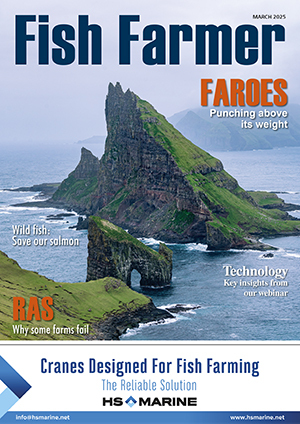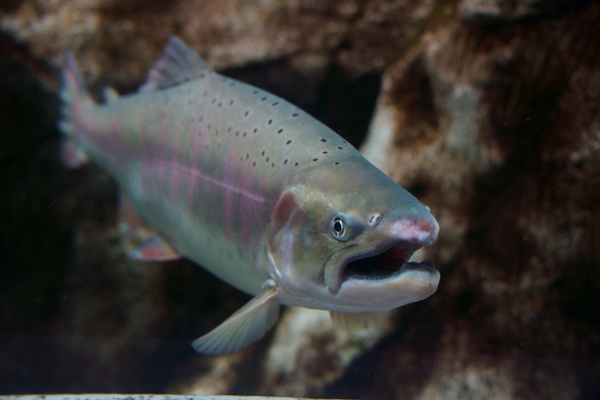Politicians should celebrate, not condemn, success
Salmon Scotland Chief Executive Tavish Scott urges MSPs to support the thriving sector to drive forward jobs and wealth.
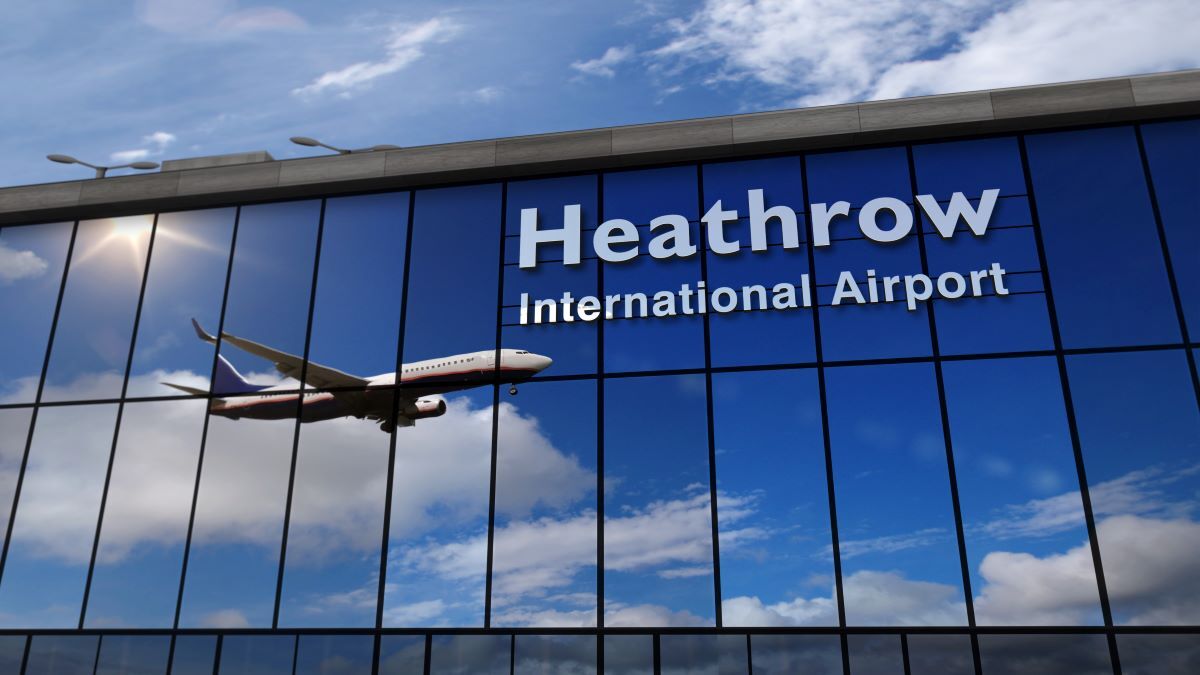
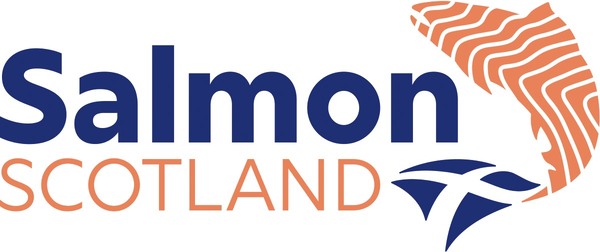
Chancellor Rachel Reeves has pledged to cut red tape and accelerate economic growth.
Reeves’ unveiling of long-awaited and overdue economic plans is in direct response to a distinctly challenging first six months for the Labour government.
There’s much to commend in her proposals, which include overhauling England’s planning system, boosting transport and encouraging trade.
Central to these plans is the expansion of Heathrow, where the UK’s largest export by volume — Scottish salmon — is also the airport’s biggest export.
Scotland’s business community has long pressed for a third runway to boost vital exports and to improve connectivity between Scotland, London and the rest of the world.
How successful Reeves will be in achieving these goals remains to be seen, but any measures that support sustainable economic growth are welcome, particularly for our thriving sector.
Too often, politicians can seem less focused on growth and unwilling to support success, let alone celebrate it.
Business leaders are all too aware of Scotland’s sluggish economic performance. GDP growth was just 0.1 per cent in the third quarter of 2024, down from 0.5 per cent in the previous quarter.
Rural and coastal areas, where many of our farms form the lifeblood of local economies, are especially feeling the impact.
The recent inquiry by Holyrood’s Rural Affairs and Islands Committee into our sector highlights the lack of support for Scotland’s top food export, which provides direct and indirect employment for 12,500 people across the country.
We engaged constructively with MSPs to demonstrate the significant progress our sector has made. Yet far too much attention was given to the minority views of a small bunch of eco-activists in the committee’s report.
MSPs seem to miss the central point — these activists are determined to shut down salmon farming. It is their only purpose.
The committee’s report is already out of date. It recommended that the Scottish Government take powers to stop production on farms with persistently high mortality rates.
The fact is that survival rates have dramatically improved — mortalities are down over a third in 2024 compared to 2023.
Incredibly, two backbench MSPs on the committee — one Green and one SNP — even pushed for an immediate moratorium on the salmon farming sector.
I hope that voters remember in the 2026 election that these individuals want to make their constituents unemployed.
Thankfully, the majority of MSPs rejected this extreme stance, which would have risked jobs and choked off investment. Instead, the committee suggested the Scottish Government should help the sector navigate changes in science, research and the regulatory landscape.
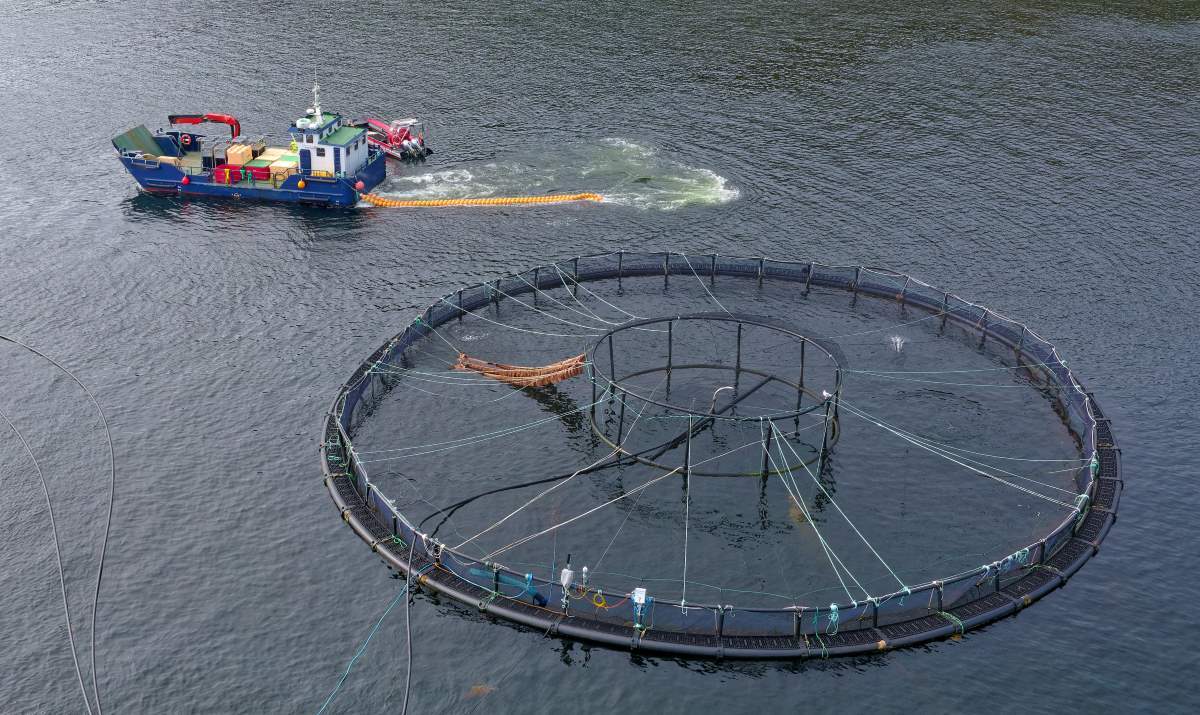
An unholy alliance
We already operate under world-leading welfare and environmental standards, and our sector is subject to strict regulation.
Our businesses continue to innovate. That is why survival rates are at a four-year high, sea lice levels are at a historic low, and consumer sales of our nutritious fish are on track to break all records.
While we enjoy a constructive relationship with many in the Scottish Government, including Rural Affairs Secretary Mairi Gougeon, I worry that unelected quangos, senior civil servants, and too many MSPs are unduly influenced by the relentless pressure from fringe campaign groups backed by deep pockets.
Our members face an unholy alliance of different groups. First, there are riparian owners — wealthy individuals who once had wild salmon in the rivers running through their estates. They wrongly claim that farmed salmon threaten wild fish, despite the scientific evidence to the contrary.
Then, there are the anti-salmon farm protesters who seek to damage the reputation of fish farming.
I’ve also encountered so-called environmental groups claiming to protect wild salmon or the marine environment, but who are really lone activists opposed to the industry. These groups don’t represent local communities — many don’t even live there.
Some are second-home owners, concerned only with preserving their holiday views, not the needs of local residents who want more jobs and investment to tackle depopulation.
More jobs, investment and innovation fuel growth and boost tax revenue. Despite ongoing challenges from Brexit, the cost-of-living crisis and inflation, our sector remains a bright spot, making giant strides in global markets.
We are creating the sustainable jobs and industries Scotland desperately needs, but only with the right support from our political leaders.
It has never been more important for government ministers and MSPs to focus on what is needed to drive job creation and economic growth. This, in turn, will generate essential wealth for public services.
Slow regulatory reform and under-resourced planning departments are stalling sustainable growth and the revenues needed to support public services.
Recommendations from Professor Russel Griggs’ independent review — now three years old — provided a detailed roadmap for better regulation. We await full implementation.
The current consents and licensing process is lengthy and involves multiple regulatory bodies, leading to significant delays.
This is holding back Scotland’s economic potential and our industry’s ability to scale up and succeed.
We have the ability and aspiration to grow. The Island and Highland farmers I represent, who care for their fish every day of the year — often in atrocious Scottish weather — deserve strong backing from Edinburgh, despite what urban, multi-millionaire campaigners might think.
Moving forward, MSPs must make decisions based on evidence, science and fact — rather than perception, politics, or pandering to campaign groups funded to attack the sector.
We need our politicians to work with us to unlock Scotland’s economic potential and ensure our sector remains a cornerstone of the nation’s future.
Tavish Scott is Chief Executive of Salmon Scotland.
